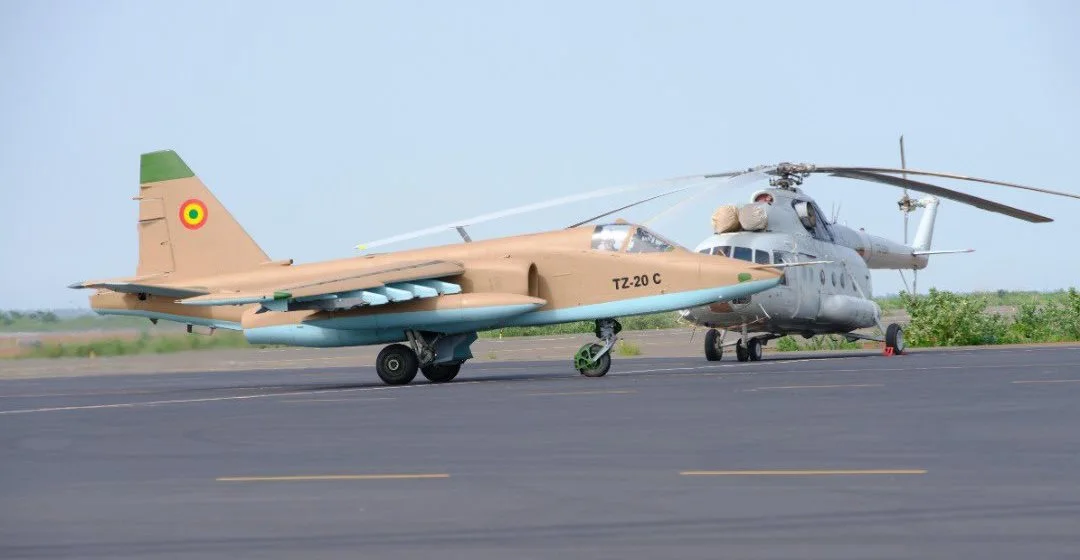
In a bold move that has raised eyebrows on the global stage, Moscow has agreed to provide military assistance to the military juntas currently in power in Mali, Niger, and Burkina Faso. This agreement, announced in the wake of mounting instability in the Sahel region, signifies Russia’s growing influence in Africa and its intent to reshape the geopolitical landscape of the continent.
The military coups in Mali (2021), Burkina Faso (2022), and Niger (2023) have drawn widespread condemnation from Western powers, particularly the European Union and the United States, which have suspended various forms of aid to these nations. However, these juntas, which came to power after overthrowing democratically elected leaders, have sought alternative sources of support, and Moscow has been quick to step in, offering military training, weapons, and strategic advisory roles.
The pact, which includes the deployment of Russian military advisors and the supply of arms, is seen as part of a broader strategy by Russia to challenge Western influence in Africa, especially as the region grapples with growing insurgencies linked to jihadist groups such as Al-Qaeda and ISIS. Russia’s engagement is part of the Kremlin’s larger vision of strengthening its ties with nations that have distanced themselves from traditional Western alliances.
Moscow’s decision to forge closer ties with the Sahel’s military juntas is likely motivated by several factors. First, Russia has long sought to establish itself as a key player in Africa, a continent rich in natural resources and strategic importance. Over the past decade, Russia has been increasing its presence on the continent through military contracts, economic partnerships, and diplomatic support.
One of the central elements of this growing alliance is the private Russian military contractor Wagner Group, which has been linked to operations in several African countries, including Libya, Sudan, and the Central African Republic. In those nations, the Wagner Group has provided security services in exchange for access to vital resources such as gold, diamonds, and oil. It is believed that the group could play a significant role in the military assistance offered to Mali, Niger, and Burkina Faso as well.
For the military juntas, Moscow’s support presents a counterbalance to the growing dissatisfaction with the former colonial powers, France, and other Western nations. The junta leaders in these countries have expressed frustration with the lack of effective action by their former allies in addressing the insurgencies ravaging the region. Moscow’s assistance promises not only military aid but also a greater degree of autonomy in decision-making, free from the influence of Western powers.
The military assistance from Russia comes at a time when the Sahel is in the midst of one of the most severe security crises in its history. The region has been plagued by rising violence, with militant groups gaining ground in Mali, Niger, and Burkina Faso. The juntas, who have faced significant challenges in maintaining control and securing their borders, have increasingly looked to external powers for support. However, there is growing concern that Moscow’s involvement could exacerbate the situation, rather than provide a long-term solution.
Human rights organizations and some African leaders have expressed concerns about the implications of deeper Russian involvement, citing past controversies surrounding the Wagner Group and its operations in other African countries. Allegations of human rights abuses, extrajudicial killings, and violations of international law have marred Russia’s operations on the continent, raising doubts about the long-term consequences of this military partnership.
The international response to Moscow’s military assistance has been mixed. Western governments, already critical of the military coups in the Sahel, have condemned Russia’s actions as an attempt to undermine regional stability and counteract Western efforts to combat terrorism. The European Union, which has provided military aid to these countries under the framework of counterterrorism operations, has warned against the growing influence of Russian forces in the region.
On the other hand, several African nations have taken a more neutral or even supportive stance, arguing that the military coups are a reflection of popular discontent with Western policies and interventionism. Many African leaders believe that the West has failed to address the root causes of instability in the Sahel and that Russia’s involvement could offer a fresh approach to combating the growing jihadist threat.
The new military partnership between Russia and the Sahelian juntas marks a shift in the region’s power dynamics. While Russia’s military support may provide some short-term relief for the beleaguered governments, the long-term consequences remain uncertain. Experts warn that the reliance on external military powers, particularly those with questionable human rights records, could hinder efforts to achieve sustainable peace and stability in the region.
Moreover, the increasing militarization of the Sahel raises concerns about the broader implications for African sovereignty and the potential for escalating violence. With Russia’s growing presence in Africa, it remains to be seen whether this partnership will ultimately benefit the people of Mali, Niger, and Burkina Faso or further entrench the region in cycles of conflict and foreign intervention, while the agreement between Moscow and the military juntas of Mali, Niger, and Burkina Faso represents a significant shift in the geopolitics of the Sahel, it also raises important questions about the future of African autonomy and the role of external powers in the continent’s security landscape. As the situation unfolds, the world will be closely watching how this new alliance shapes the future of the Sahel and Africa’s broader geopolitical orientation.

